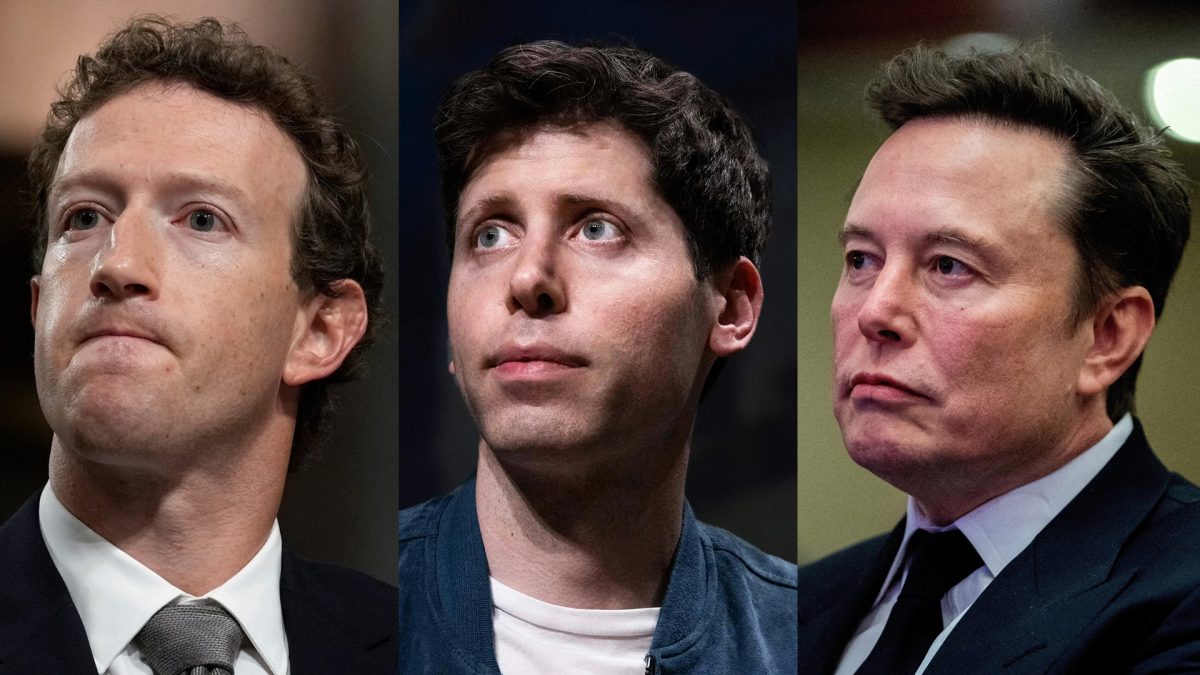Meta has stepped into the fray, urging California’s attorney general to block OpenAI’s transition to a for-profit model. In a letter sent to Attorney General Rob Bonta, Meta argued that OpenAI’s shift would be “wrong” and could set a precedent for other start-ups to exploit charitable status until profitability becomes feasible.
This move follows a similar legal challenge by Elon Musk in November, raising the stakes in the ongoing debate over OpenAI’s future.
Concerns over nonprofit roots
Meta’s letter, published in full by The Verge, accuses OpenAI of leveraging its nonprofit beginnings to attract substantial investment, only to now seek private gain. Meta contends that OpenAI’s conversion would allow it to unfairly reap benefits built on a charitable foundation. The company has also called for an investigation into OpenAI’s past practices as a nonprofit, raising concerns about how the organisation has handled its assets and commitments.
Meta’s stance aligns with Musk’s efforts, as the letter expressed support for Musk and Shivon Zilis to represent public interests in the lawsuit Musk revived in August. The lawsuit challenges OpenAI’s ability to shift its status while retaining the resources it amassed under its original mission.
OpenAI defends its position
OpenAI has responded to the criticism, maintaining that any restructuring would be done responsibly. According to OpenAI board chair Bret Taylor, the nonprofit arm would remain intact, receiving full value for its current stake in the for-profit entity. OpenAI emphasised that its mission to advance artificial intelligence for the benefit of humanity remains unchanged, even as it consults legal and financial advisors about its next steps.
In a timeline released last week, OpenAI highlighted past communications from Musk, showing that he once advocated for the organisation to adopt a for-profit structure under his leadership. This revelation has added another layer of complexity to the dispute, pointing to longstanding tensions about OpenAI’s direction.
Implications for the AI landscape
The battle over OpenAI’s status highlights a broader debate about the balance between innovation and ethical responsibility in the AI industry. Critics like Meta and Musk argue that OpenAI risks undermining trust in nonprofits by exploiting charitable resources for private benefit. On the other hand, OpenAI claims that its proposed changes are necessary to secure funding and scale its mission.
This clash reflects the high stakes in the race for AI dominance, as tech giants and industry leaders wrestle with how to balance profit, public trust, and technological advancement. As the case unfolds, its outcome could set a precedent for how AI start-ups navigate the delicate boundary between nonprofit origins and for-profit ambitions.
)